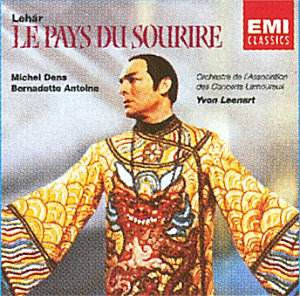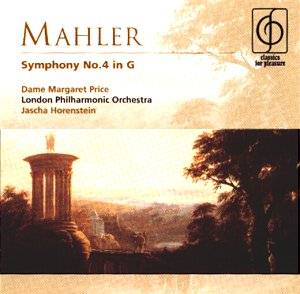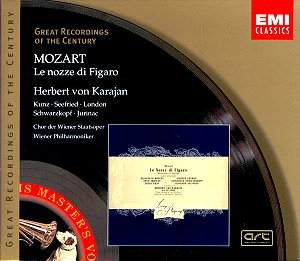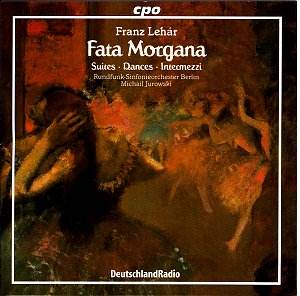 Composer: Franz Lehár
Composer: Franz Lehár
Works: Le Pays du Sourire (The Land of Smiles)
Performers: Michel Dens (Sou-Chong), Bernadette Antoine (Lisa), Bernard Sinclair (Gustave), Sylvia Paule (Mi), Gilbert Guimay (Tchang), René Duclos Choirs, Orchestre de l’Association des Concerts Lamoureux
Recording: Rec. Salle Wagram, Paris, April 1970
Label: EMI
Franz Lehár’s operetta, Le Pays du Sourire, composed in 1929, marks a significant entry in the lineage of romantic operetta, capturing an era when Western composers were fascinated by the allure of the East. This work represents a refined evolution from Lehár’s earlier successes, particularly The Merry Widow, and serves as an interesting reflection on cultural exchange in the musical theatre landscape of the early 20th century. By situating a Viennese romance within a Chinese setting, Lehár taps into a rich tapestry of exoticism that was particularly appealing to audiences of the period, while also addressing themes of cultural dislocation and identity.
The performance, recorded in 1970, features a cast that embodies the characters with a distinct charm and vocal finesse. Michel Dens as Sou-Chong delivers a commendable interpretation of the tenor role, characterized by a lyrical warmth and expressive phrasing. His rendition of “Yours is my Heart Alone” (CD2 tk.10) is particularly noteworthy, as he navigates the emotional landscape of longing and devotion with a robust yet sensitive approach. Dens’s vocal technique allows for a seamless blend of power and nuance, although at times, he tends to overshadow his co-star, Bernadette Antoine. Antoine’s portrayal of Lisa is imbued with a delightful innocence, her light soprano voice capturing the character’s naiveté and longing for home, particularly evident in her poignant solo “How I Long to See My Homeland Again” (CD2 tk.12). The chemistry in their duets, especially “Lisa and Sou-Chong” (CD2 tk.4), while musically satisfying, occasionally suffers from imbalanced sound levels, with Dens’s voice dominating the mix.
The orchestration, executed by the Orchestre de l’Association des Concerts Lamoureux, is a hallmark of Lehár’s style, showcasing lush melodic lines and a vibrant palette that reflects both Viennese and Eastern influences. The conductor Yvon Leenart balances the orchestral textures well, allowing for moments of delicate interplay between the strings and woodwinds to shine through, particularly in the introduction to Sou-Chong’s opening number “Smiling.” Lehár’s use of instrumentation, especially in the wind section, evokes a distinct color that underscores the thematic contrasts within the operetta. The sound engineering of this EMI recording captures the immediacy and warmth of the performance, although some tracking inaccuracies in the CD indexing detract slightly from the listening experience.
Lehár’s mastery lies in his ability to craft memorable melodies and engaging vocal lines, a skill evident throughout this operetta. The character of Princess Mi, portrayed by Sylvia Paule, is afforded a delicately constructed musical arc that reflects her aspirations for freedom, underscoring the operetta’s exploration of cross-cultural themes. Paule’s light soprano, while perhaps lacking in richness, aligns well with the character’s youthful uncertainty, particularly in her Pagoda song and dance (CD2 tk.6), showcasing Lehár’s ability to create moments of whimsical charm.
The legacy of Le Pays du Sourire is bolstered by its historical context, marking a pivotal moment in the evolution of operetta into a more sophisticated form that paved the way for modern musicals. This recording offers a vivid encapsulation of that spirit, with performances that honor Lehár’s lyrical genius while bringing their own interpretive strengths to the forefront.
This EMI reissue stands as a testament to the enduring appeal of Lehár’s work, capturing a moment in musical history with clarity and richness. The combination of skilled performers, a sensitive orchestral accompaniment, and the composer’s timeless melodies makes this recording a valuable addition for both casual listeners and serious aficionados of operetta.



